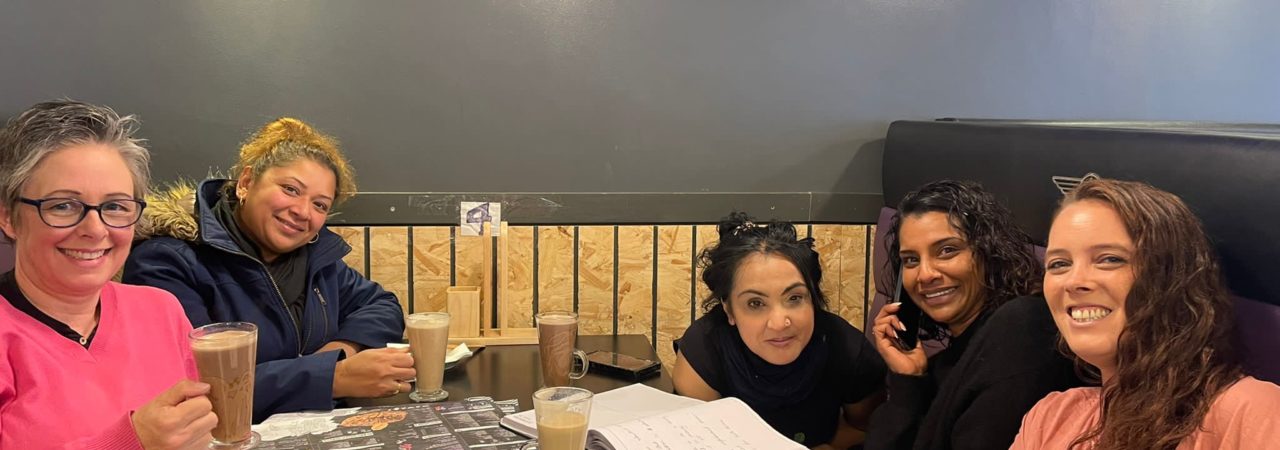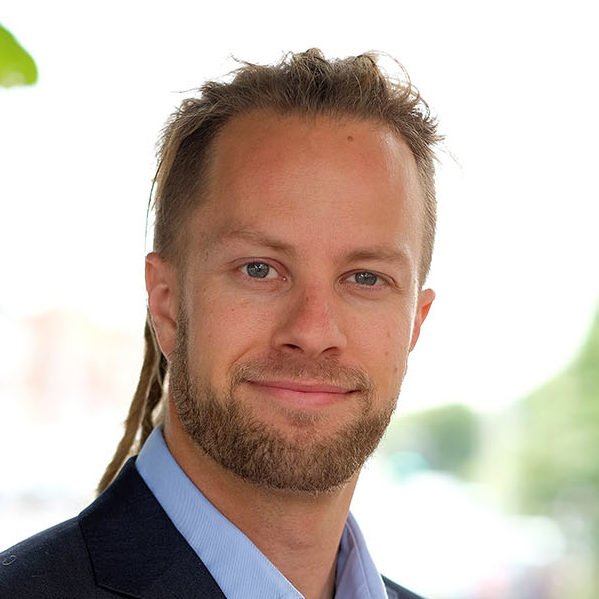We need diversity of thought in the world to face the new challenges.
Tim Berners-Lee
Over the many years that I’ve worked in the charity sector, I’ve seen countless new initiatives and programmes launched with the aim of supporting and helping families.
I once took part in a team-building exercise that involved everyone being given six Lego bricks. You were given a couple of minutes to go away and make a duck out of your allotted bricks. We then regrouped and presented our ducks to the rest of the group.
The assortment of ducks presented were very creative and seeing others’ interpretations left you wondering, “Why didn’t I think of that?”
The idea behind the exercise was to demonstrate the diversity of thought within our group—or to put it more simply, there’s more than one way to skin a cat. I was surprised when the trainers informed the group that there are over 900 million ways to construct a duck out of just six bricks. I thought they were exaggerating so I looked it up.
They were correct.
This got me thinking about the people and families we serve. When we discuss diversity, we usually focus on culture, race, gender, and sexuality—but we rarely question how diverse a family unit itself can be. Some examples are divorce-extended families, lone-parent families, reconstituted families or stepfamilies, same-sex families, nuclear families and matrifocal families (made up of female family members). With every new generation, the definitions and expectations of what makes ‘a family’ can completely change.
As the families in our communities over time have redefined themselves, LifeLine, too, has reflected this by frequently adapting the programmes we deliver to meet their needs. If we’d designed and delivered programmes for an idealised version of what an average family is, we’d have hit a brick wall long ago. We try to engage and support diverse families with an open mind. Families don’t all have the same support structures and they don’t all have the same problems. Whatever challenges the people we serve are going through, their problems are often far more complex than you could imagine.
At LifeLine, I’m proud to say that the diversity of our staff is key to the successful delivery of our programmes. As an organisation, our main resource for innovative new ideas and solutions that help us support our community is our staff and beneficiaries. A 2018 Deloitte report, The diversity and inclusion revolution, states that diversity of thought (a combination of different values and personalities) in a workplace can increase team innovation by up to 20%. To me, a family home is a living example of diversity of thought—all those different opinions and principles managing to live together under one roof. I’m a big fan of the Jon Yates’ book ‘Fractured’, in which he acknowledges how great people are when they’re united in diversity.
An essential part of our service for families at LifeLine is something I call ‘laid-back engagement’. Usually, our first encounter with parents and carers is through the young people they look after. This gives us an opportunity to establish an easy-going relationship that’s not based on the suspicion that all our staff members have a hidden agenda. Whilst not all of our staff are parents, we ensure our parenting staff are parents. Our staff encourage the people they serve to choose how they’ll stay in contact and how often this will happen. The most important thing is creating a strong bond by setting rules and boundaries that influence how we’re going to work together. Our approach sets out to encourage empowerment, make meaningful connections and generally accept each other for who we are. It’s about respect, dignity, and actively listening to concerns. Just like those six Lego bricks, we can connect and work together with the understanding that there are many different solutions.
The ultimate goal is that we deliver a successful service that addresses the needs of every kind of family, ensuring support is available for all.
To finish, here are my seven tips of supporting families:
- Foster your team—we create a community through supporting each other, not slotting people into a hierarchy.
- Have high expectations—we train all parents in how to support others, ungirded by the expectation that everyone has something to give.
- Deliver parent to parent—we give parents the means to support parents. This allows for authenticity.
- Go to them—we don’t insist parents come into our space, we go into theirs. We don’t insist they engage in a time that is convenient to us, we're flexible around their needs.
- Recruit for heart, train for skill—we appoint staff that are powered by compassion and we train them to develop their skills. You can’t train compassion.
- Cultivate your environment—we create an atmosphere where staff with compassion want to work
- Work with the entire family—we support families rather than parents out of respect for the family unit. This requires us to co-ordinate our programmes to ensure families receive all the available support; from childcare to youth work and parenting support.



